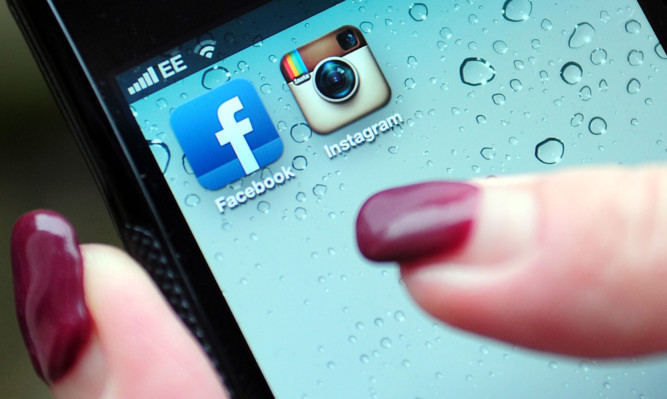Smartphone users most commonly check their device more than 25 times a day, within 15 minutes of waking up and five minutes before going to sleep.
More than a third of British smartphone owners (36%) check their phones between 25 and 50 times a day, while 16% check their phones more than 50 times, according to the Deloitte Mobile Consumer report.
The study of 4,000 Britons found one in 10 smartphone owners reaches for their device immediately on waking – and not just to turn the alarm off – while 53% have done so within 15 minutes.
Almost half of 18 to 24-year-olds check their smartphones within five minutes of waking, mainly to check for texts, emails and social network updates.
The ritual is repeated at bedtime, with a quarter (28%) checking their smartphone within five minutes before turning off the light.
Collectively, Britons check their smartphones up to 1.1 billion times a day, in a sign that users are “increasingly obsessed” with their phones, Deloitte said.
Paul Lee, Deloitte’s head of technology, media and telecoms research, said: “The modern, touchscreen-based smartphone is less than a decade old but it is more intertwined with our lives than ever.
“Constant technological improvements are allowing us to delegate more and more tasks to our phones, from ordering taxis to browsing catalogues and paying for a meal.”
